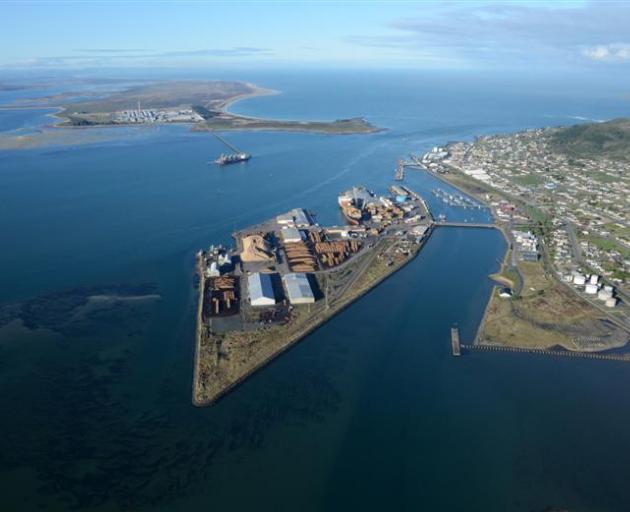
In a statement to the NZX, port chairman Rex Chapman said it was disappointing the smelter was not able to find a way to reduce its energy and transmission costs to then continue operating.
The port said shareholders had been told at an annual meeting in October last year the smelter made up a third of South Port’s cargo volume and that the company received no wharfage revenue for raw material delivered to the smelter on the Tiwai wharf.
The smelter pays South Port a licence fee for the wharf structure for a fixed term until 2043.
"[South Port] estimates that the smelter’s overall contribution to net profit after tax, excluding the licence fee which is payable until 2043, to be approximately $2million," the company said.
South Port chief executive Nigel Gear said the smelter contributed about 18%-20% of the company’s profit.
Mr Gear said the port had been preparing for the departure of the smelter.
"We’ve diversified quite well over the last eight to ten years.
"They used to be over half of our volume. We’ve reduced that down to a third."
He said the port’s future was secure and it had "good cargo bases".
It was too early to know how jobs at the port would be affected, but at the moment he was not anticipating any job losses.
The port recorded a net profit after tax of $9.79million last financial year and its most recent guidance for the current one was more than $8.7million.
Mr Gear said the smelter’s closure would have a massive impact on the region.
"Obviously the flow on to the community ... it’s all going to be negatively impacted."
He said it was now more important than ever for the Government to support shovel-ready projects, particularly in aquaculture.
South Port said it would not know the full effect of the closure until the end of the financial year in 2022.












